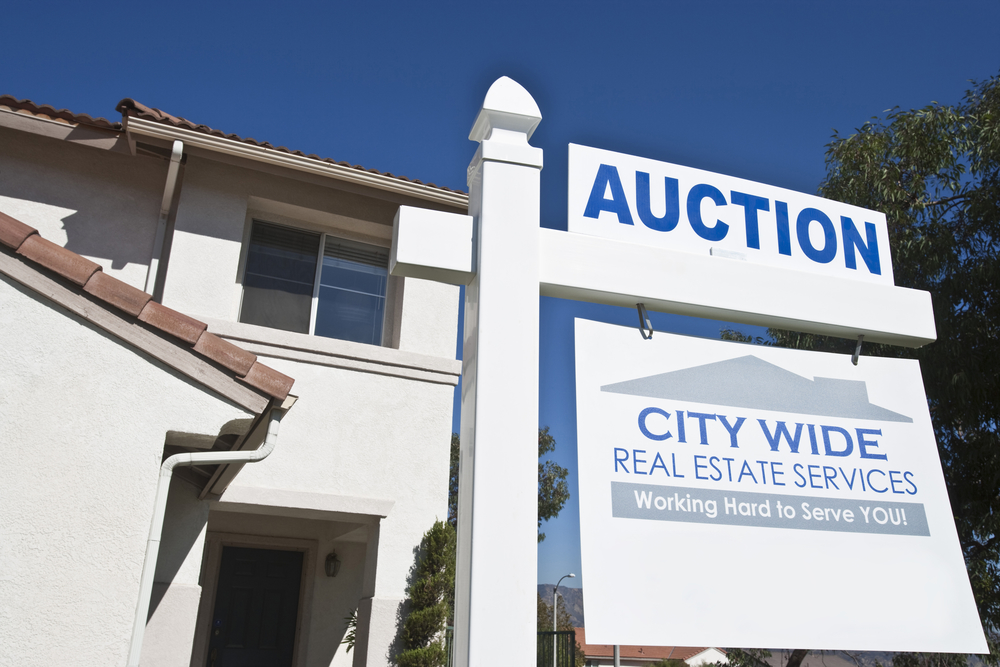Consider two buyers: Buyer 1 has decided he is willing to pay $1,140,000 for the property, whilst after checking finances and looking for 5 months, Buyer 2 decides she will pay up to $1,185,000. At a Public Auction, what would it sell for? Depending on the bidding increments, you would expect it to sell for either $1,141,000 or $1,145,000 under most circumstances.
Now consider a Private (or Silent) Auction, where each party is given one opportunity to submit their best offer, with the highest offer to be accepted without further opportunity to revise it or resubmit. What amounts would you expect to be offered? See the difference? In this particular example, without manufacturing all sorts of “what if” scenarios, the property would be expected to sell for at least $40,000 more. Same property; same buyer and seller.
The funny thing is this type of scenario happens all the time. Every week. Public auctions are pushed hard by agents generally and are taught in training as a highly effective means of conditioning sellers. After all, it’s pretty hard to argue with the agent when dozens and possibly hundreds have been through the property and a big turnout of people (mostly neighbours) are standing outside at the time of auction.
The big flaw is that the final price is not determined by what the buyer will pay but by what price the under-bidder stops at. One more bid and it’s sold. That’s it. Nothing to do with the buyer’s budget or determination to buy; just one bid higher is all it takes.
So, take away the theatre and pizazz, along with the immense pressure of auction day and yes, the process does affect the price. In a good market, Public Auctions can get a good price, but rarely the BEST price. In a flat market, well they can be a financial disaster. Personally, I’d much prefer to buy at Public Auction but I’d never sell that way.

